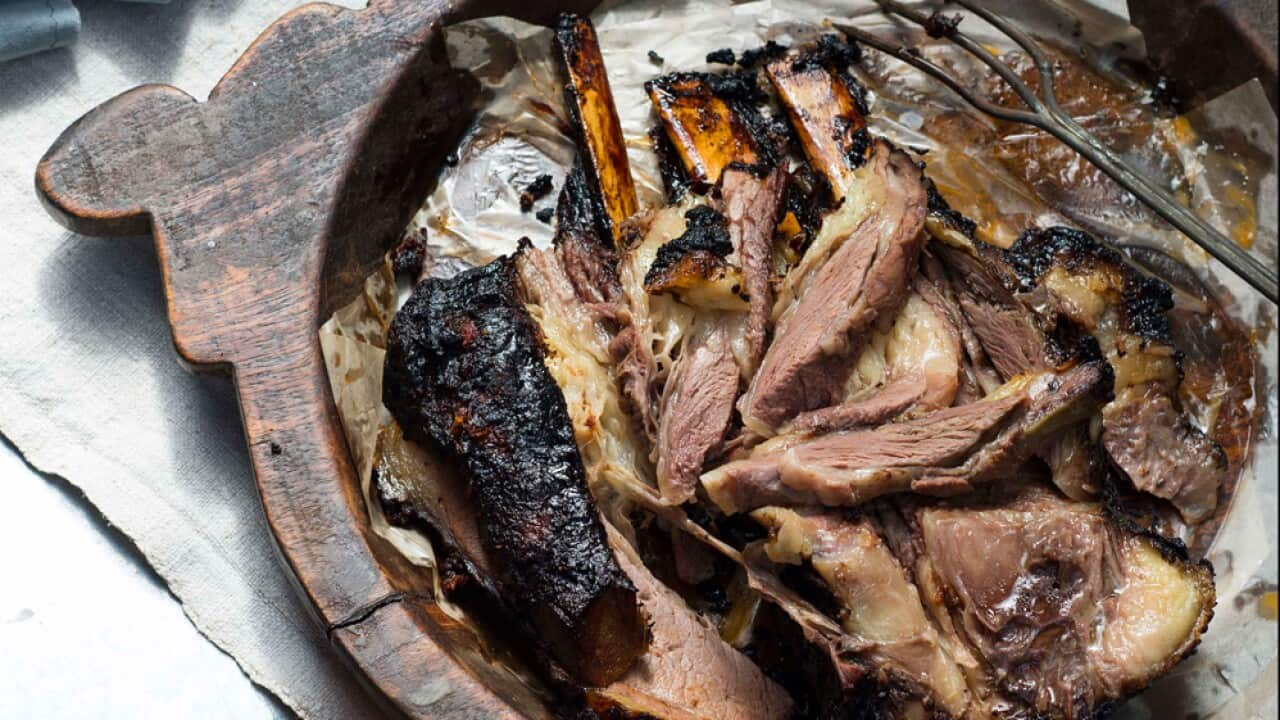Answered a)? You’re a ‘Feaster’
Recent scientific studies show gut hormones can have a strong influence on our appetite. If you’re a feaster, you’re likely to possess low levels of a gut hormone that tells you when you’re full.
What does this mean? Once you start eating you’re unlikely to feel the satisfaction of fullness, so you keep on munching.
What’s the best diet? Seeing as you find it hard to stop eating, it’s best to choose foods that reach your gut hormone and make you feel fuller for longer. These are foods that are high in protein, such as fish and chicken, and low in glycemic index (GI) – pasta, lentils and basmati rice are great examples.
What not to eat? Be careful with your carbs! Potatoes along with most rice varieties and breads are carbohydrates that are quickly processed by the gut and, hence, won’t keep you sated. Meal idea:
Meal idea:

Answered b)? You’re a ‘Constant craver’
For most people, when our fat stores reach a sufficient level, our brains receive signals telling us we no longer need to eat. If you’re a constant craver, you possess genes which disrupt the way these signals are received, tricking the brain into thinking the fat stores constantly need replenishing.
What does this mean? You’re hungry all of the gosh darn time!
What’s the best diet? Because you’re constantly craving food, dieting seven days a week will be a serious struggle. Instead, try dramatically reducing your calories on two days of the week. This is known as ‘intermittent fasting’. Severely limiting your calorie intake should shock your body into burning carlories.
So how many calories are we talking? It’s best to seek guidance from a medical professional before starting your fast as it’s not recommended for all body types. Most contestants on What’s The Right Diet For You? fit into the obese category, so they were given a limit of 800 calories on fasting days, however, other programs, such as suggest 500 calories for women and 600 for men will be sufficient.
What can I eat? The good news is, five days per week you can eat whatever you like! Try to keep it healthy. For the two fasting days, it’s best to stick to small portions of meat, fish, eggs and vegetables. Some fasting programs, such as those showcased on the Michael Mosley documentary, say you can eat whatever foods you like on a fasting day, while What’s The Right Diet For You? argues you should avoid carbohydrates, like bread, pasta and fruit. Meal idea:
Meal idea:

Source: Benito Martin
Answered c)? You’re an ‘Emotional eater’
In stressful situations, our brains are primed to seek out rewards. Everyone is programmed differently: some people seek out alcohol, while others prefer a jog. If you’re an emotional eater, you supress negative feelings with food.
What does this mean? When you’re experiencing stress, anxiety, anger or sadness you seek comfort in foods that are high in sugar and fat.
What’s the best diet? Stick to a low-calorie diet.
Is that all? No. Your unhealthy relationship with food is less about your physiology and more about your emotions. People cannot will themselves to lose weight, but they can develop healthy eating habits.
Do you have any tips? One established way to creatie healthy habits is to seek out group support. Attend weight loss meetings and reach out to online groups that can offer a 24/7 touch point. It’s also a great idea to start a dieting diary and look at cognitive behavioural therapy.




